Gunther Wüsthoff | Interview | New Box Set, ‘Faust 1971-1974’
Faust set a new standard to experimental rock music in the early 1970s. In just four years they completely revolutionized rock music.
What began in a Hamburg (Sternschanze) bunker in 1970 would send shockwaves around the world. Bureau B recently released the first virtually complete collection of Faust works from the years 1971-1974. In addition to the debut album referenced by Morris, it includes the 1972 album ‘So Far’, the legendary 1973 Virgin UK release ‘The Faust Tapes’ (“Some chose to play frisbee with the LP, others said it changed their lives” as Jean-Hervé Peron noted), ‘Faust IV’ and, for the first time ever, the mythical, so-called “Munich album” ‘Punkt’, which Faust recorded at Giorgio Moroder’s Musicland Studios in 1974. For one reason or another, this last album never saw the light of day – until now. The bonus albums ‘Momentaufnahme I’ and ‘Momentaufnahme II’ also feature unreleased material, simultaneously affording us a fascinating glimpse of Faust’s creativity in their Wümme studio phase. Two 7-inch singles round off the ‘Faust 1971-1974’ compendium: ‘Lieber Herr Deutschland’ is the demo recording they sent to Polydor in 1971, remarkably triggering a contract offer from the label who had something of a conservative reputation at the time. The track later resurfaced as the B-side to their single ‘Baby’, a song which had been rejected by the aforementioned label. The second 7-inch single in the box is a rerelease of ‘So Far’, the first Faust single on Polydor, originally issued in 1972.
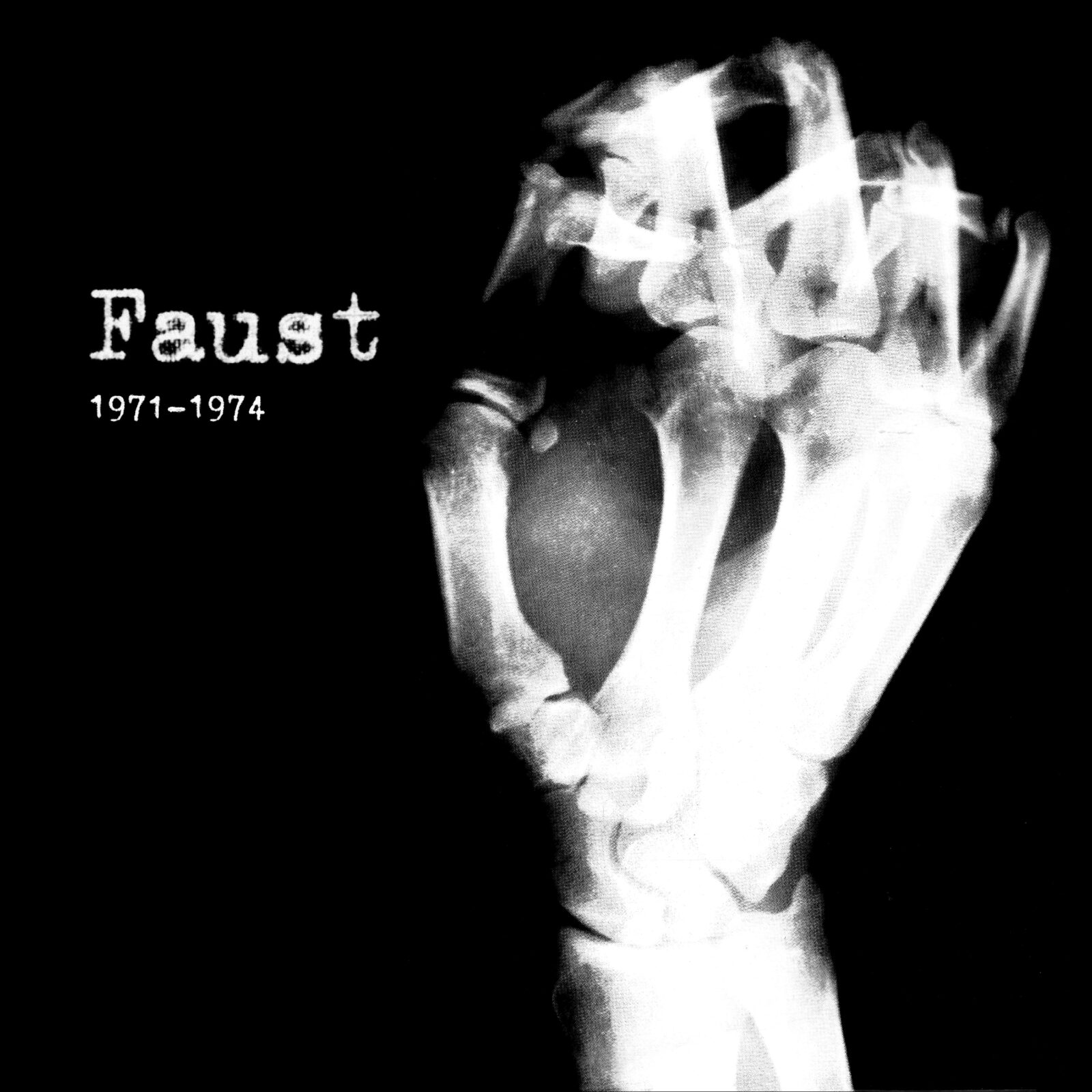
Mastered from the original tapes, Faust 1971-1974 is available as a limited edition vinyl set (2,000 copies) and CD (1,000 copies).
“We also do experiments”
When did you start making music? What was your first instrument? Who were your most important influences?
Gunther Wüsthoff: The most important influence was my father. He used to get out his accordion every now and then and play. Operettas, movie scores, old hits, folk songs…. He had shining eyes and was unresponsive. At the age of 11 I heard in the evening on the radio the whole history of jazz music from 1896 until today. I myself had gotten a crooked touring guitar at the age of 15, and together with the fingering charts, it already made sense to me. A year later I had convinced my mother that a piano was also necessary. I never had music lessons outside of school.
What do you hear when you listen to ‘[To|Digi]Tal’ today? Can you say a few words about its creation?
I hear extraterrestrial, conventional and Dada. ‘TransNeptun’ is from material I created with my ARP2600 together with a self constructed digital control machine (called: music box). ‘Dragon Walking’ is generated by a self-written Python program.
‘Just Seventeen’ was made with a notation program and the other two pieces were composed aleatorically from micro and macro samples.
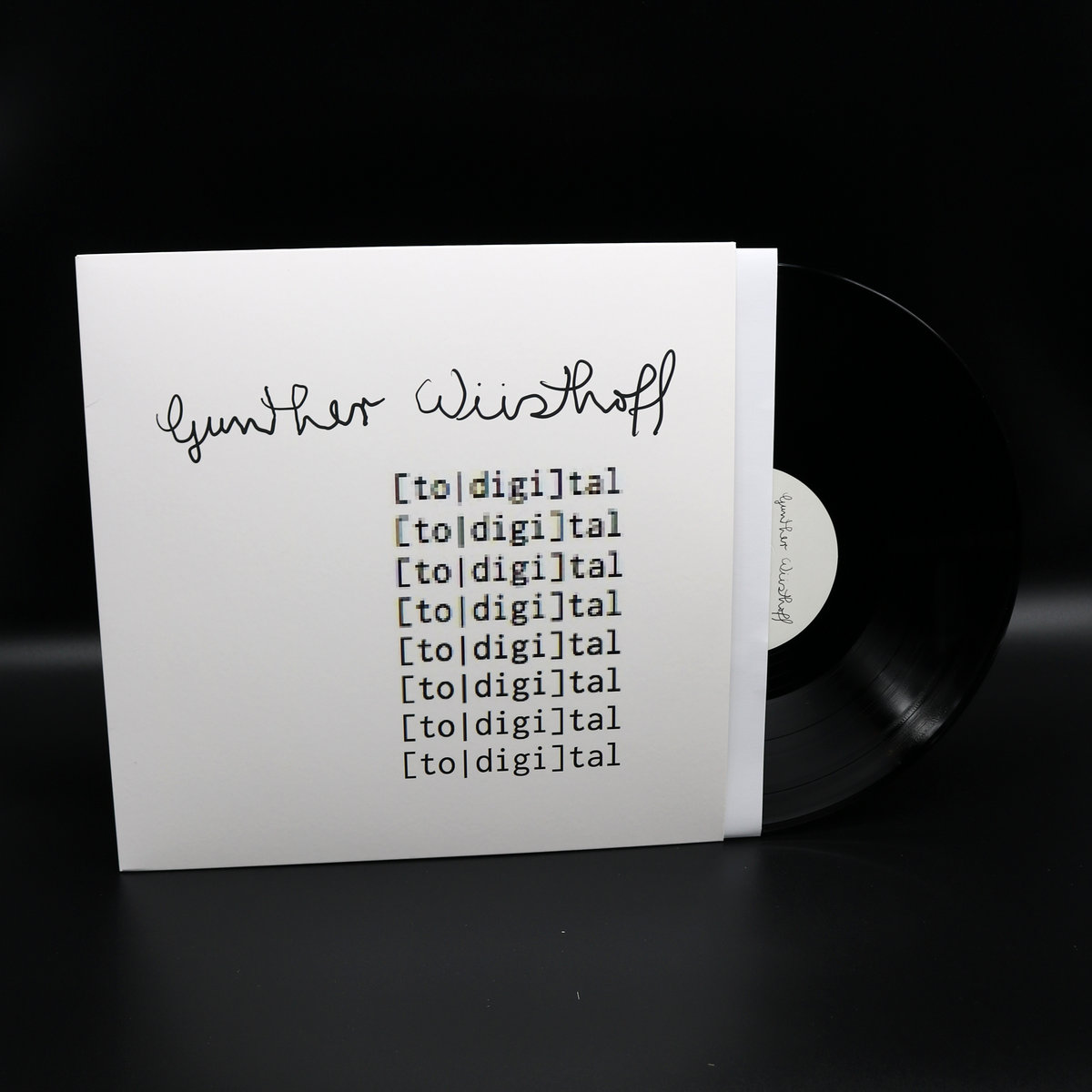
You studied art when the hippie revolution was blossoming and many German bands started experimenting with sounds and visions. How do you remember the late sixties and how did you meet Rudolf Sosna and Jean-Hervé Peron?
I met Rudolf at an anti-NPD party demonstration in 1969. A week later, a strange blond girl was standing in the hallway of my apartment: “I’m Almut. I live here now. And next week my boyfriend is coming. He’ll live here then, too.” Aha, I said. (My lodger had let her in). The friend had a guitar with him. Rudolf also had a guitar, and I anyway. So there was nothing to prevent us from making music together.
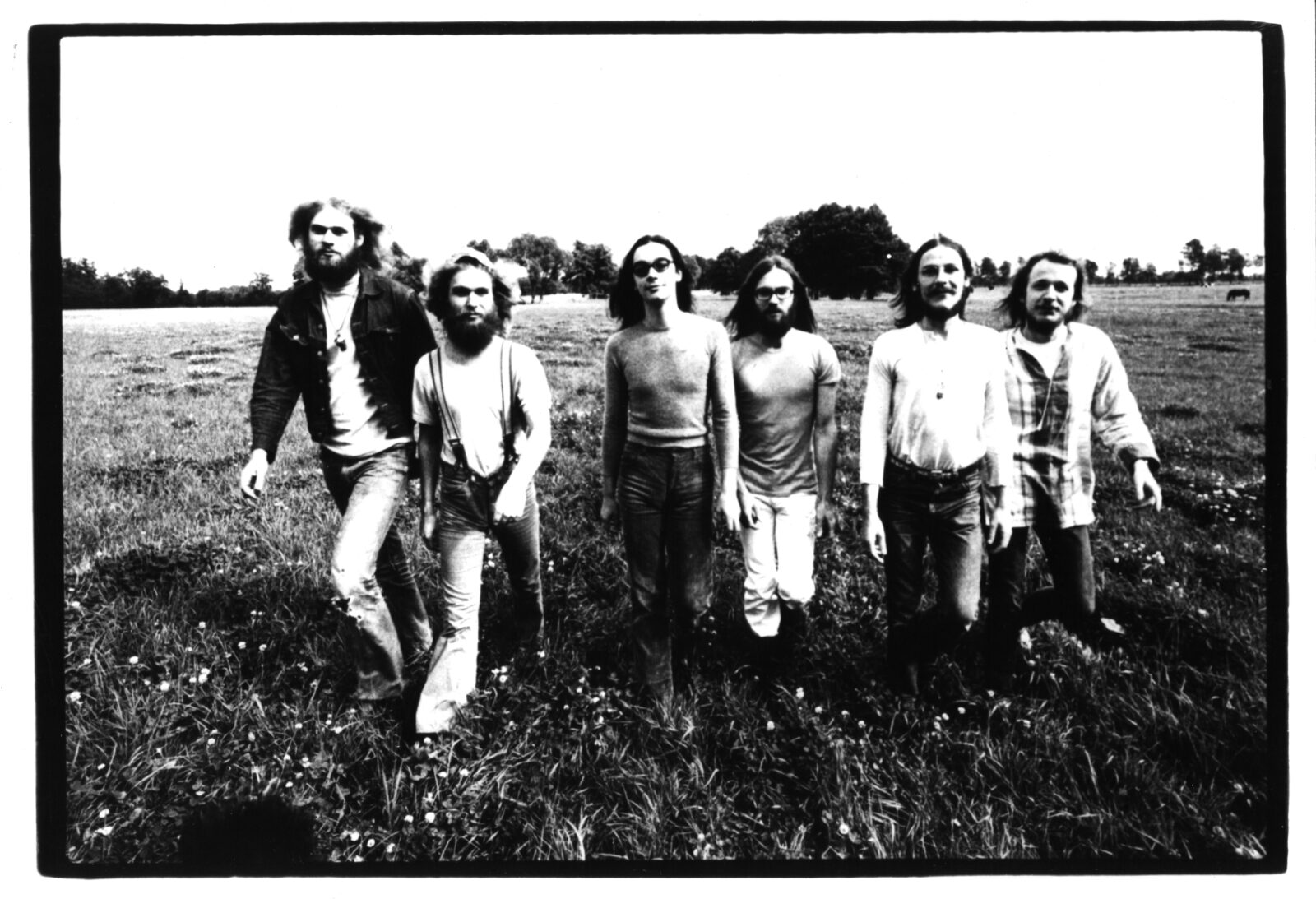
I quote Jean-Hervé Peron from our 2011 interview: “I traveled around Europe and the U.S. in 1968/69 and sang everywhere, like the traveling minstrels in the old days. But I didn’t make any publications. I suppose it’s the same with the other Faust members, but I can only speak for myself. Rudolf, Gunther and I, we met in Hamburg and did a lot of music together and soundtracks for movies, but it was all “underground” and absolutely “low tech”, so there are almost no tracks from that. I have a few tapes, but they haven’t been released yet.” Would you care to elaborate on that? I hope some of it will be released in the near future.
I don’t know about “soundtracks for films.”
How did you meet Uwe Nettelbeck, the headhunter for Polydor International, and how did it develop into what is now known as Faust?
Faust resided among all the Hamburg filmmakers in Brüderstraße in HH-Neustadt. Jean-Hervé Peron lived temporarily with Andy Hertel. There Jean-Hervé Peron and I sat on the edge of Andy’s bed on February 23 1971 with a sheet of music and noted down three cycles of orthodox Hindemithian twelve-tone music: “Picnic On A Frozen River”. Someone clicked softly against the glass pane of the front door with a bunch of keys. “Good day! My name is Uwe Nettelbeck. I’m looking for musicians for Polydor. Polydor wants to do an experiment, and Helmut Costard told me that you make music here”. To prove it, we showed him the music sheet and said “We also do experiments”.
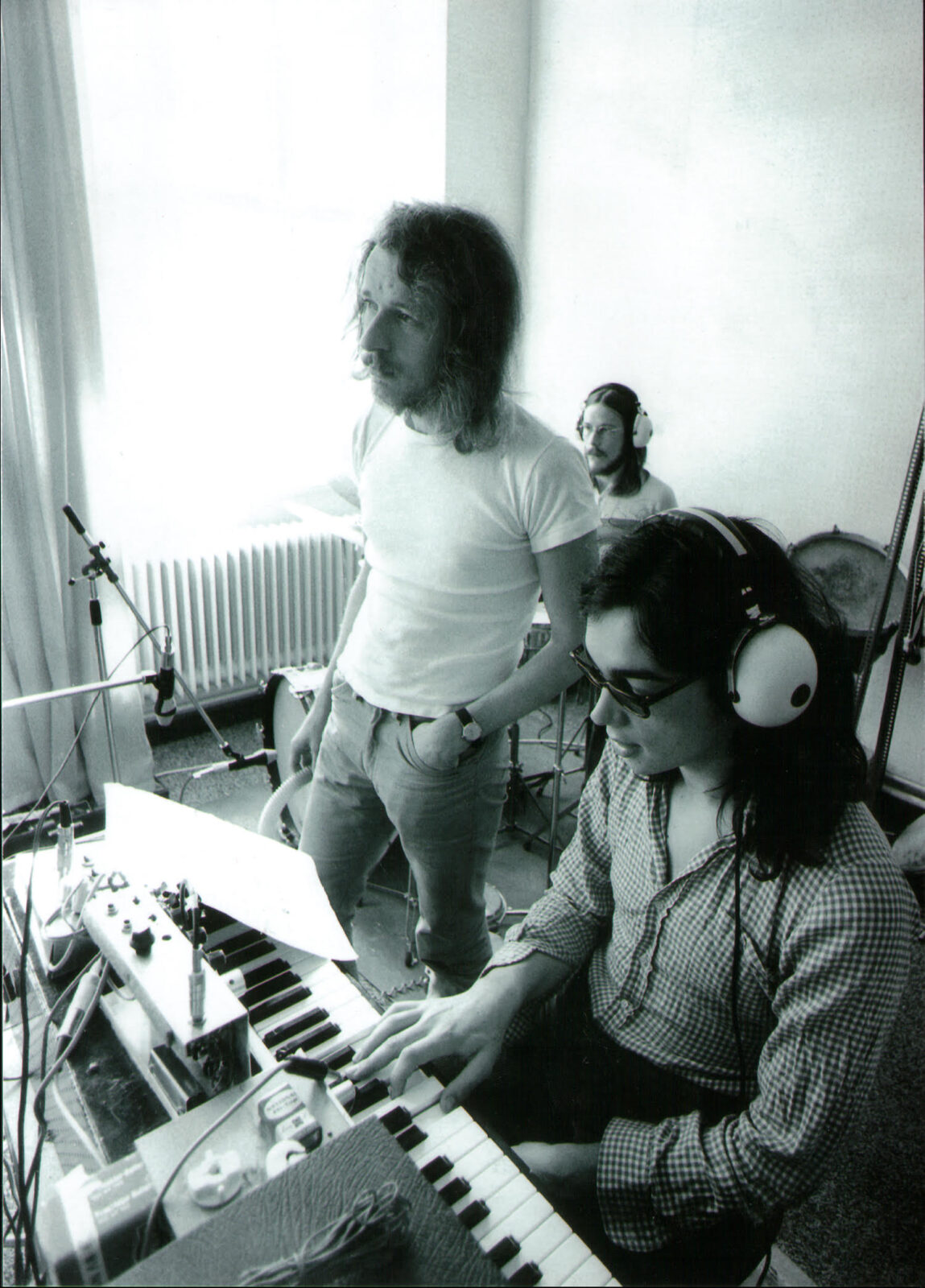
He explained it to us in more detail and we told Rudolf Sosna about it right after. We decided that we were too thin as a trio for such a “thick thing” and contacted “Campylognatus zittelli” through an acquaintance. Three of them were immediately willing to join in. And they had a practice room where they could play at night. Because the studio for recording a demo tape was already booked for Monday, 3/1/1971. On March 4, 1971 we signed a contract with Polydor.
“Faust was a voluntary association of equally self-determined artists”
What can you say about the creative process at Faust from your point of view?
Speaking of filmmakers: they had already founded the “Hamburger Filmemacher Cooperative” in 1968. Faust was a voluntary association of equally self-determined artists. We respected each other and everyone could contribute their ideas. The driving force was not criticism, but agreement. We could become productive in any personnel constellation (all together, everyone with everyone, or just one).
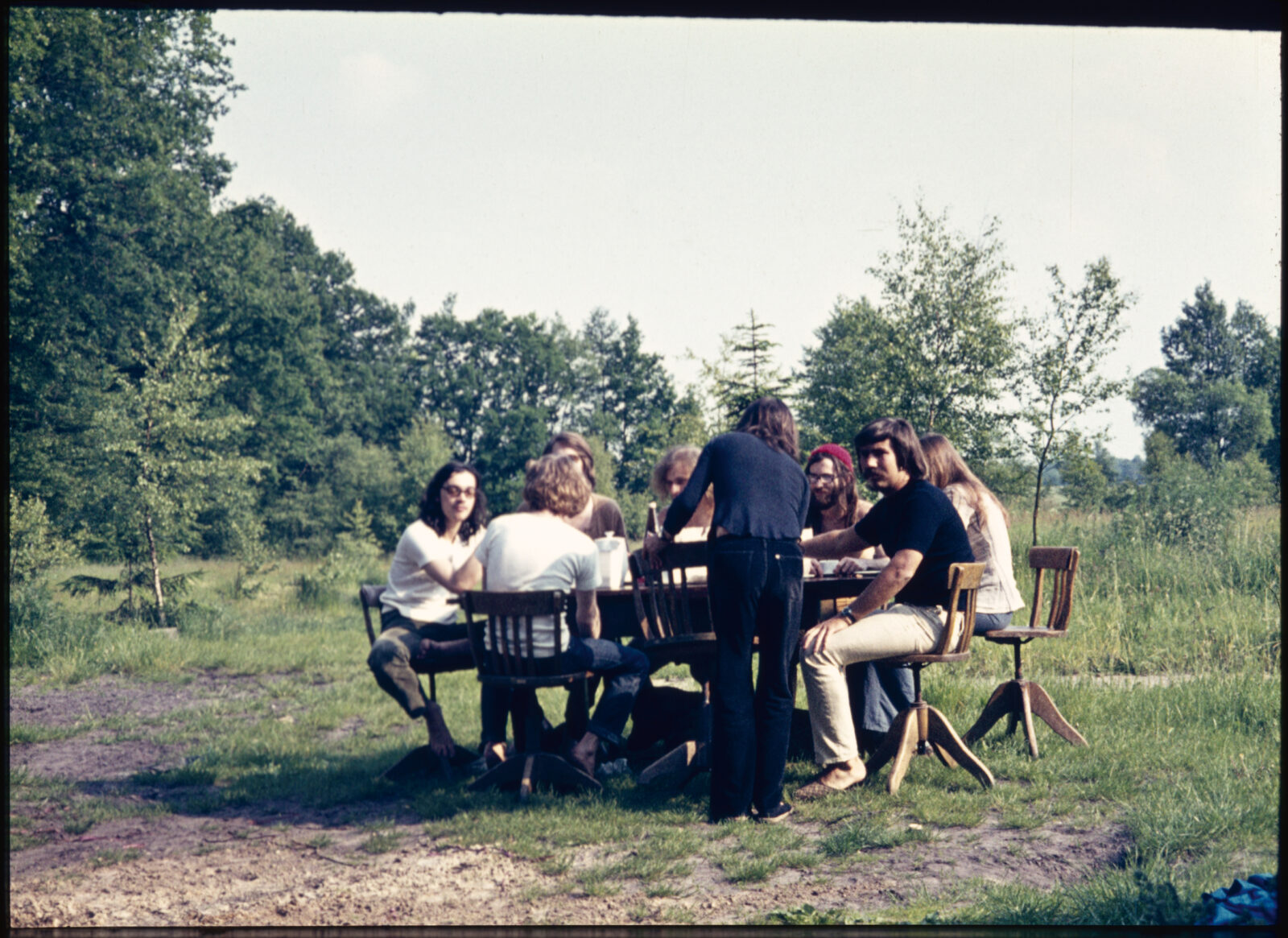
How did you use all the strange and very interesting effects?
With musical taste and technical imagination.
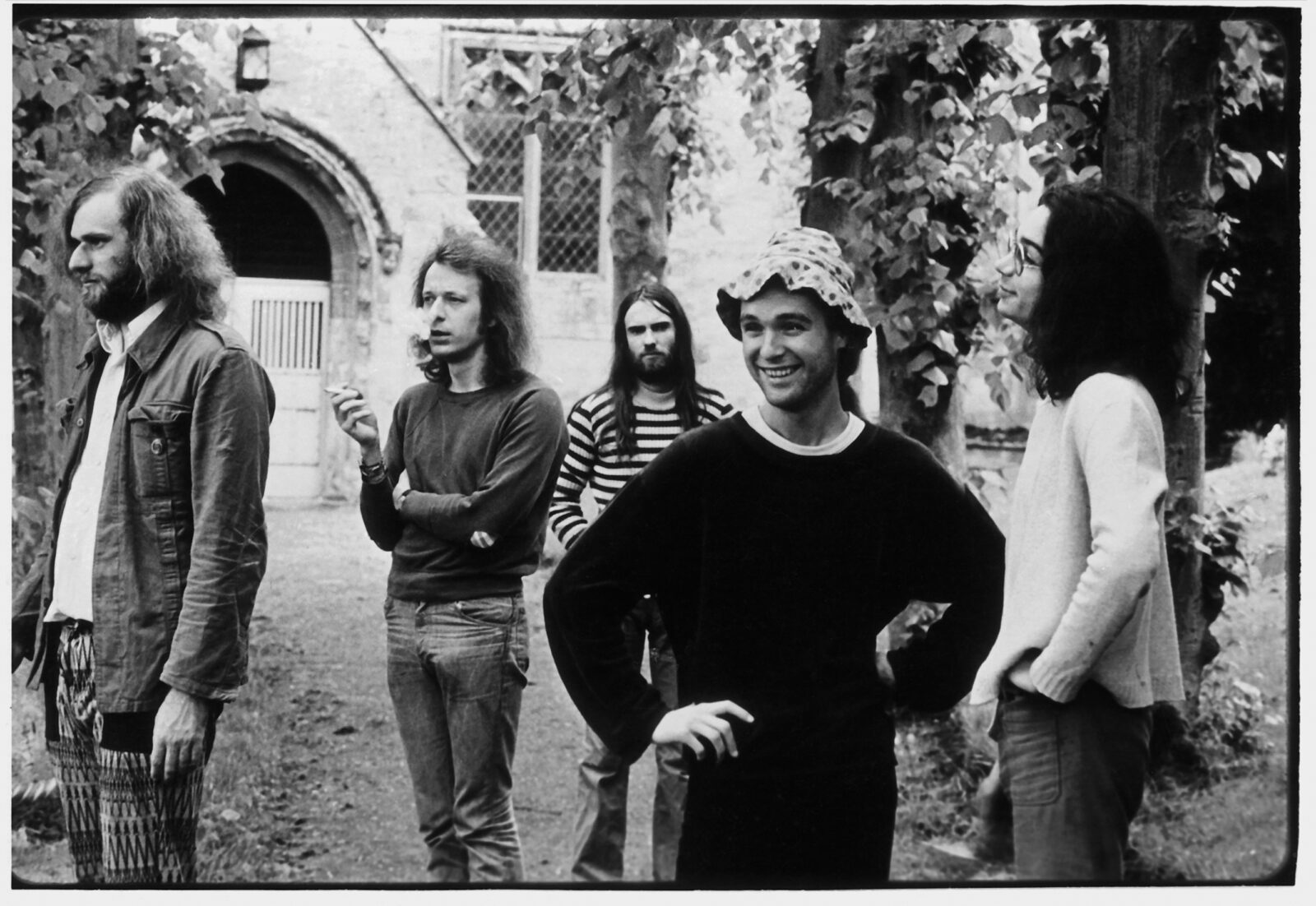
You were part of the band for five albums and together you did three tours of France and Great Britain before you stopped in 1974. Can you describe those tours in a few words? How did the audience react?
Being driven around by bus, sleeping in strange beds, eating unfamiliar food, hearing languages they couldn’t understand, promoters piling up with box office…. I don’t know. It was all kinds of exciting, it was fun. About a third of the audience sat in the hall and listened, the second third danced in front of the stage and the last third left the hall at some point.
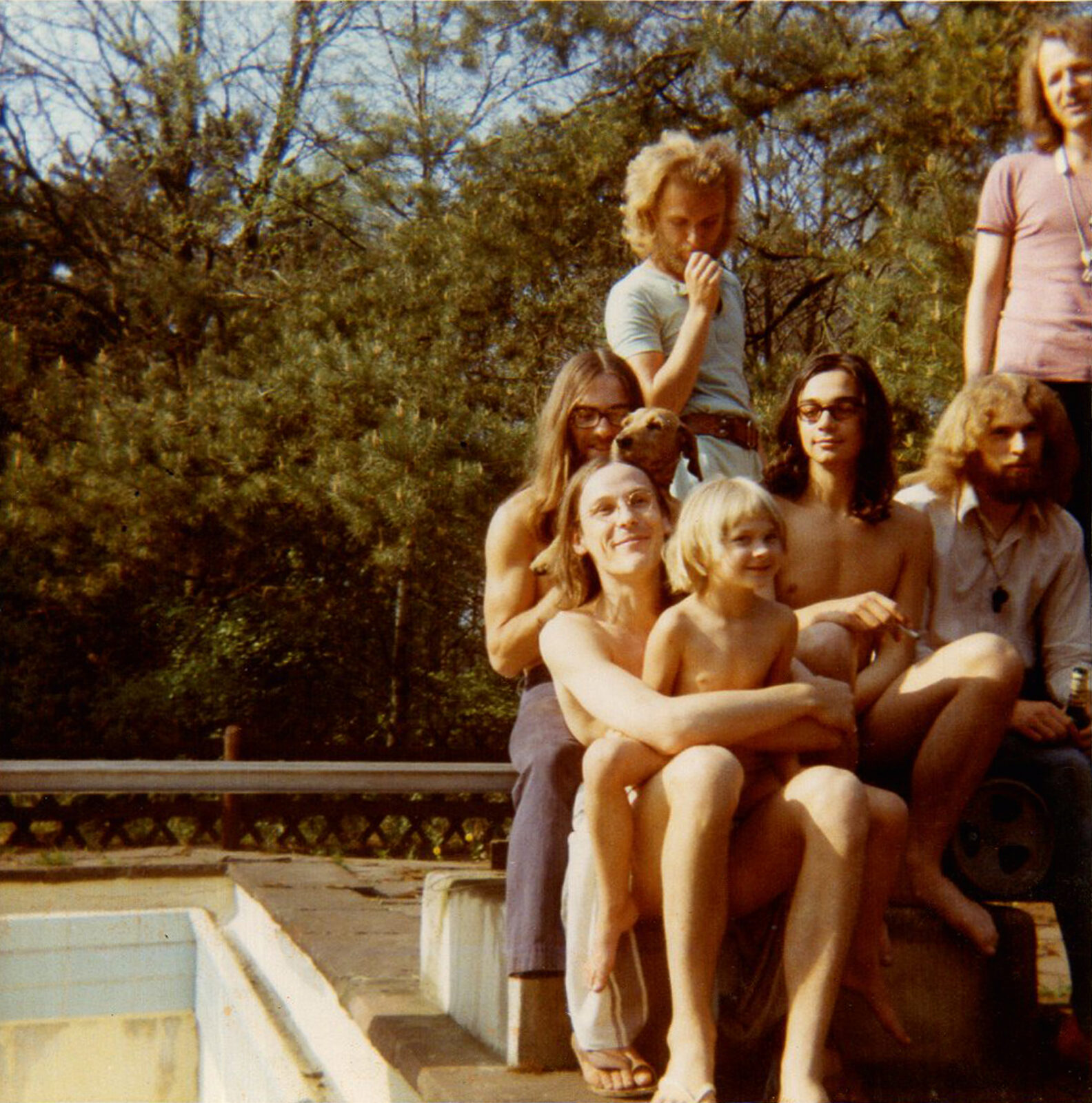
May I ask what was the main reason for your leaving the band?
Economic hardship.

You became a technician at Studio Hamburg and Filmhaus Hamburg and also studied technical editing. What were you involved in?
At Studio Hamburg: technical services of all kinds. Soldering, mechanics, studio equipment Filmhaus: sound and cinema technology. Sound re-recording, recording, mixing, film screening, maintenance and expansion of the technology. Technical editing does not exist. What is meant is technical editing: documentation of technical equipment and installations, user manuals, maintenance manuals…
The Hamburg label Bureau B celebrates half a century of Faust with a box set titled ‘Faust 1971-1974’. Their archive was full of striking visual gems; several reels of unseen footage from the early 1970s, some documentary, some non-Faust related, and some experimental image sequences. The box will be a nearly complete collection of Faust material from 1971 to 1974. Are you excited to see the box?
Well, the box is on the market now, and I think it turned out great. Gunther Buskies and his people have done an outstanding job.
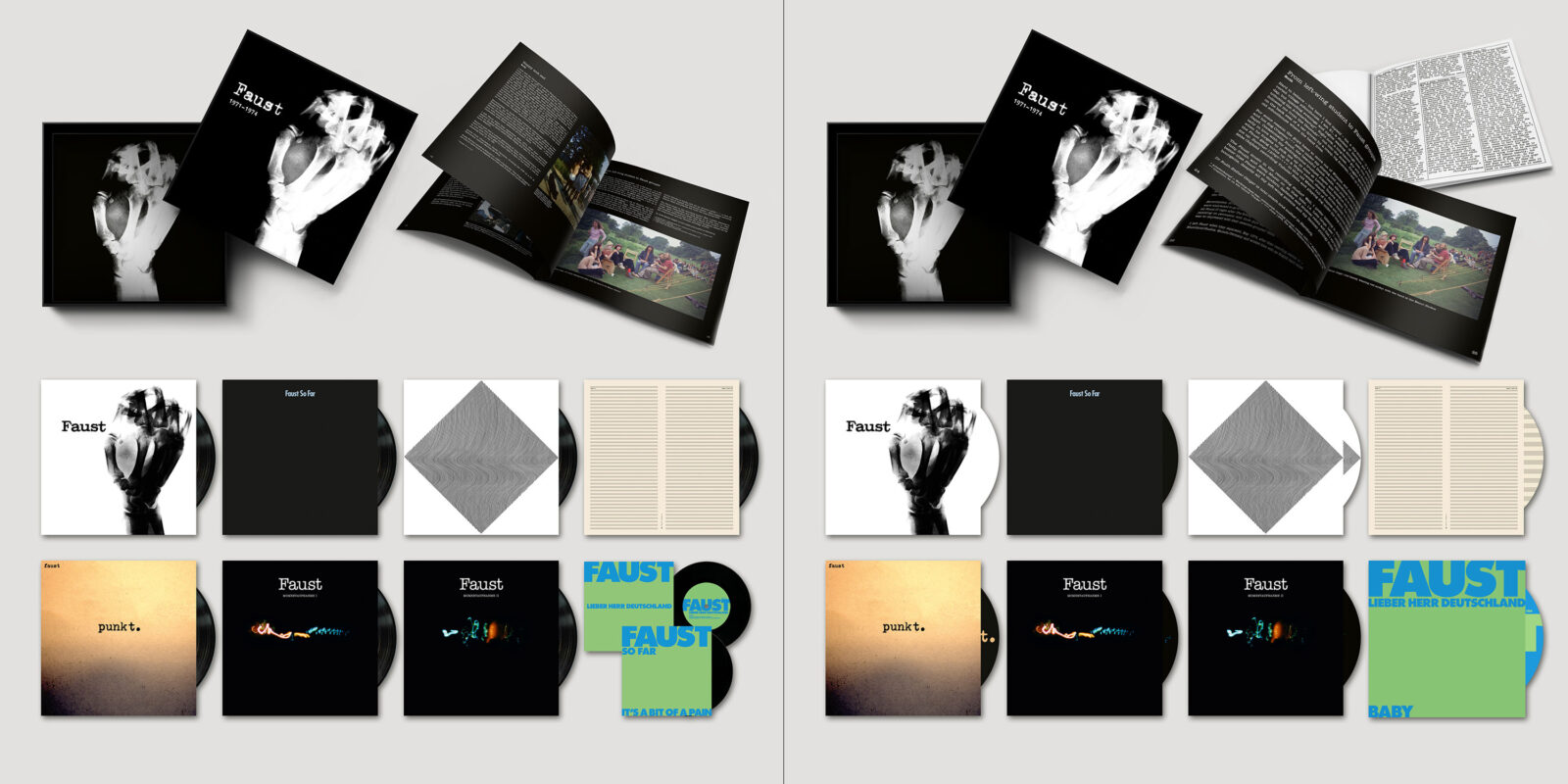
Gunther Buskies: Faust should be one of the first bands which people should think of when talking about “Krautrock” and experimental Rock music from Germany. But for some reason this band never seemed to have taken care about their musical legacy in the same way in which acts like Can or Kraftwerk did. There has been no management which could take care of simple things like approving license requests, taking care of reissues, making sure royalty statements are in place et cetera. Since I have been working with most members of the band in different projects for the last decade or so I thought that the 50th anniversary of the band would be a great opportunity to change this. So I contacted and met all living members and asked them to share their tapes, photos and memories to make this box set happen. Everyone involved contributed and was happy that this is finally happening. Along the road we decided to use only unreleased bonus material for the two bonus LPs ‘Momentaufnahme I’ and ‘Momentaufnahme II’. And the discovery of the tapes of the unreleased 5th album which has been recorded in Giorgio Moroder’s studio in 1974 was a great surprise to all of us.
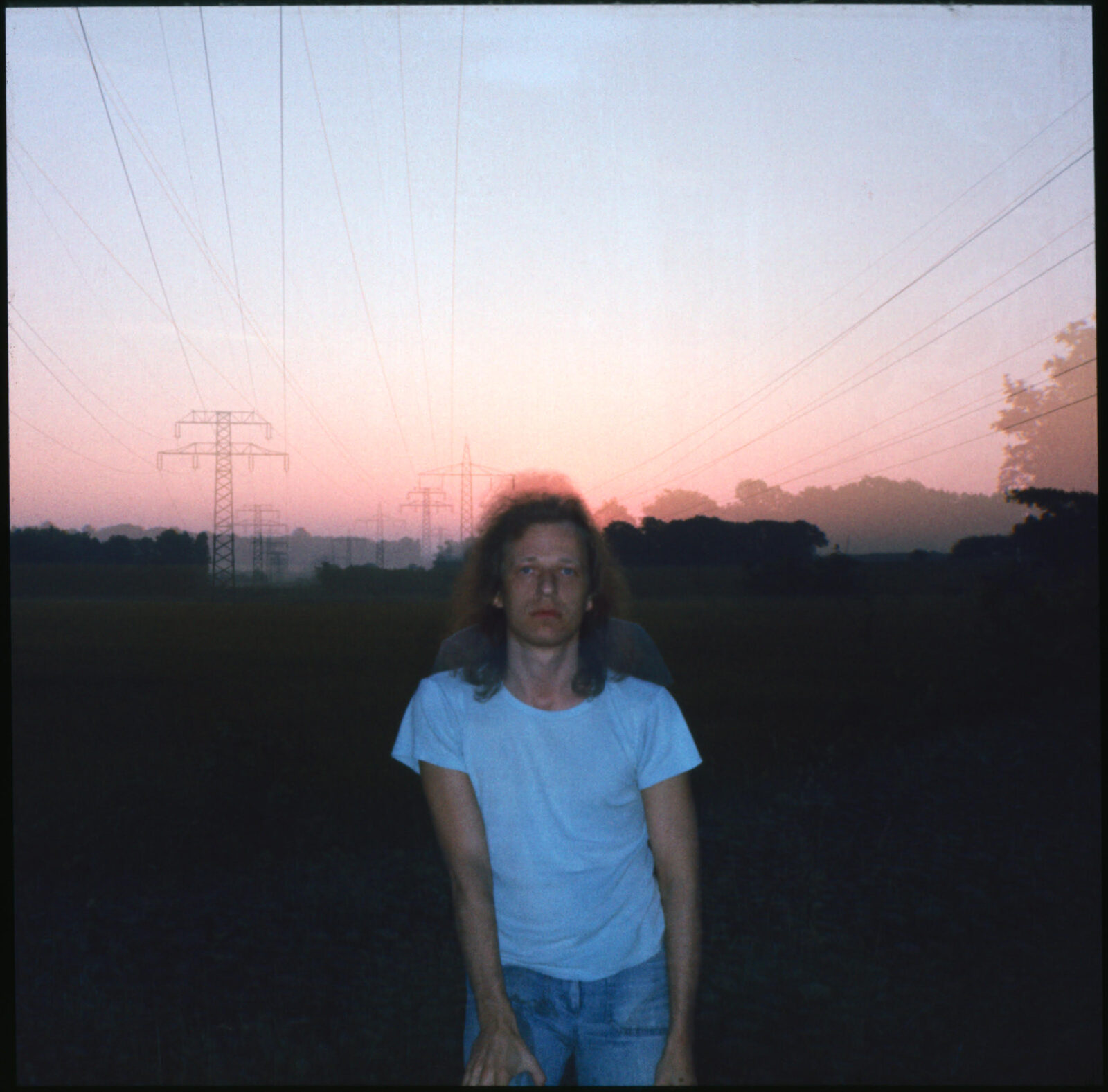
All the tapes (multi track and stereo masters) were digitalized in a studio in Hamburg and then mixed and mastered by Amaury Cambuzat in his studio in Italy.
What are you busy with at the moment?
Gunther Wüsthoff: At the moment, I’m staring into space. Digging in my memory to answer the thousand questions is exhausting.
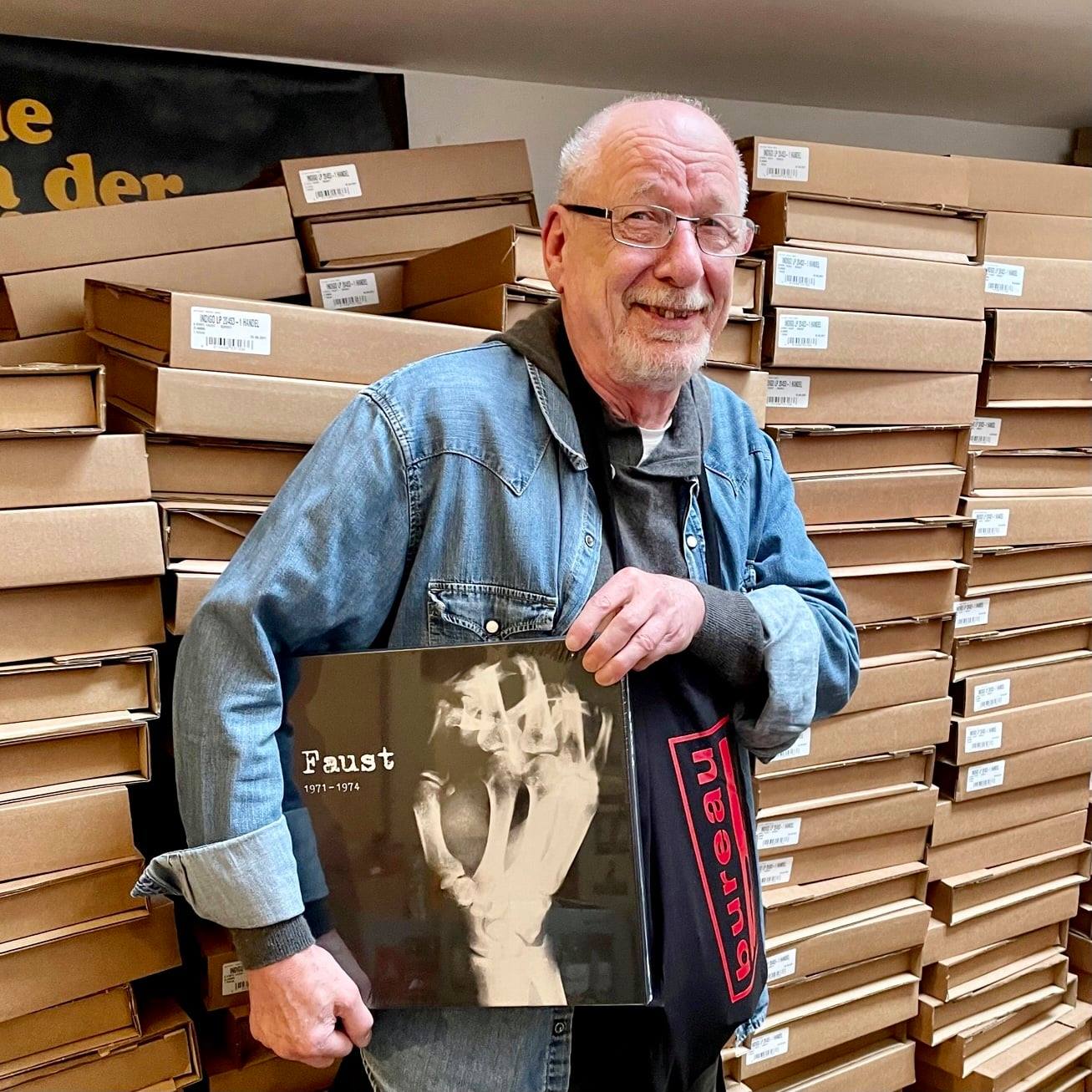
Thank you. The last word is yours.
Thank you for the questions.
Klemen Breznikar
Headline photo: Faust in 1971 | Photo by Jürgen d. Ensthaler
Gunther Wüsthoff Official Website
Faust Official Website
Bureau B Official Website / Facebook / Instagram / Twitter / Bandcamp / YouTube / Spotify
Faust | Interview | Jean-Hervé Peron | “One of the famous unknowns”

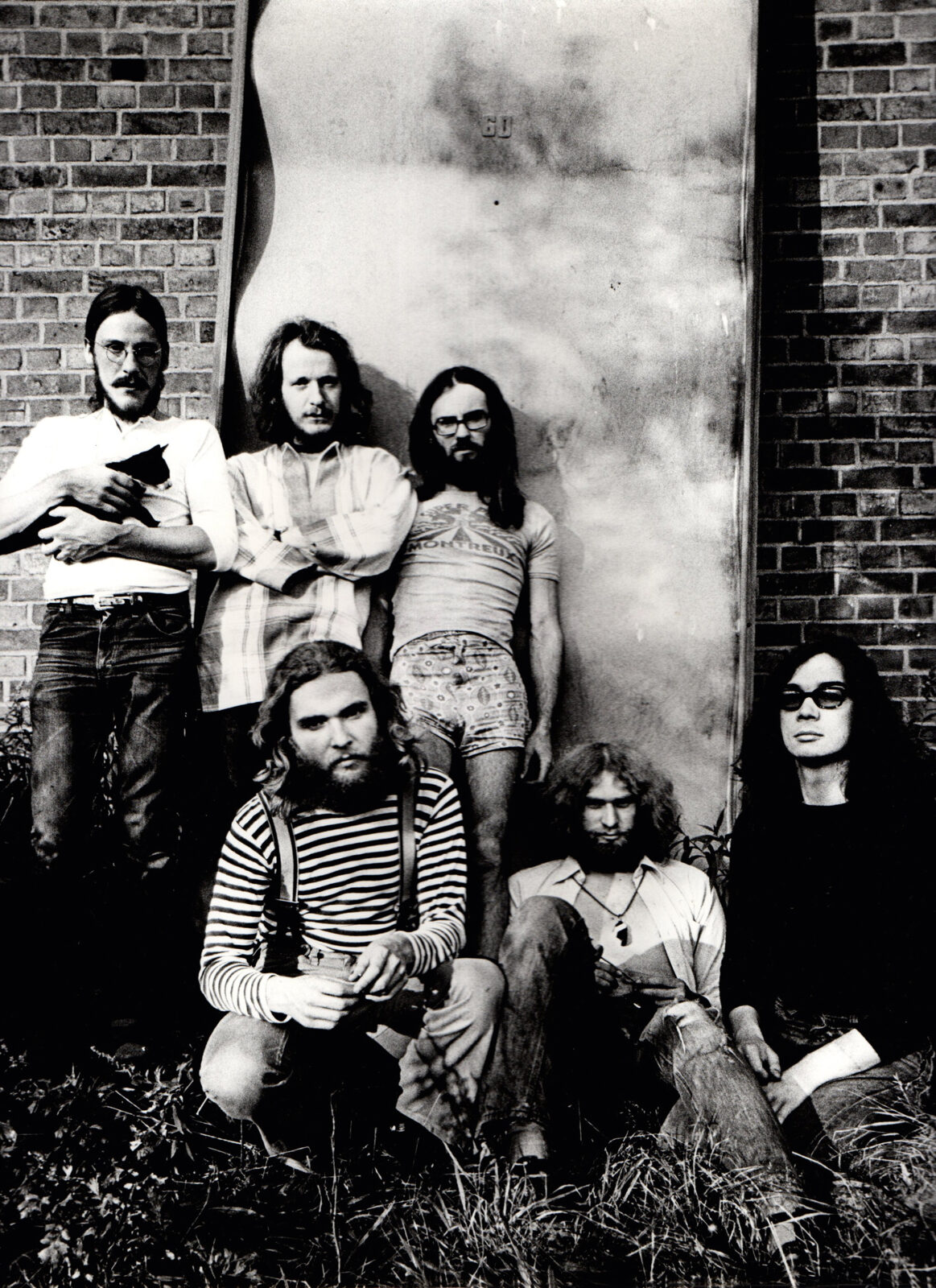
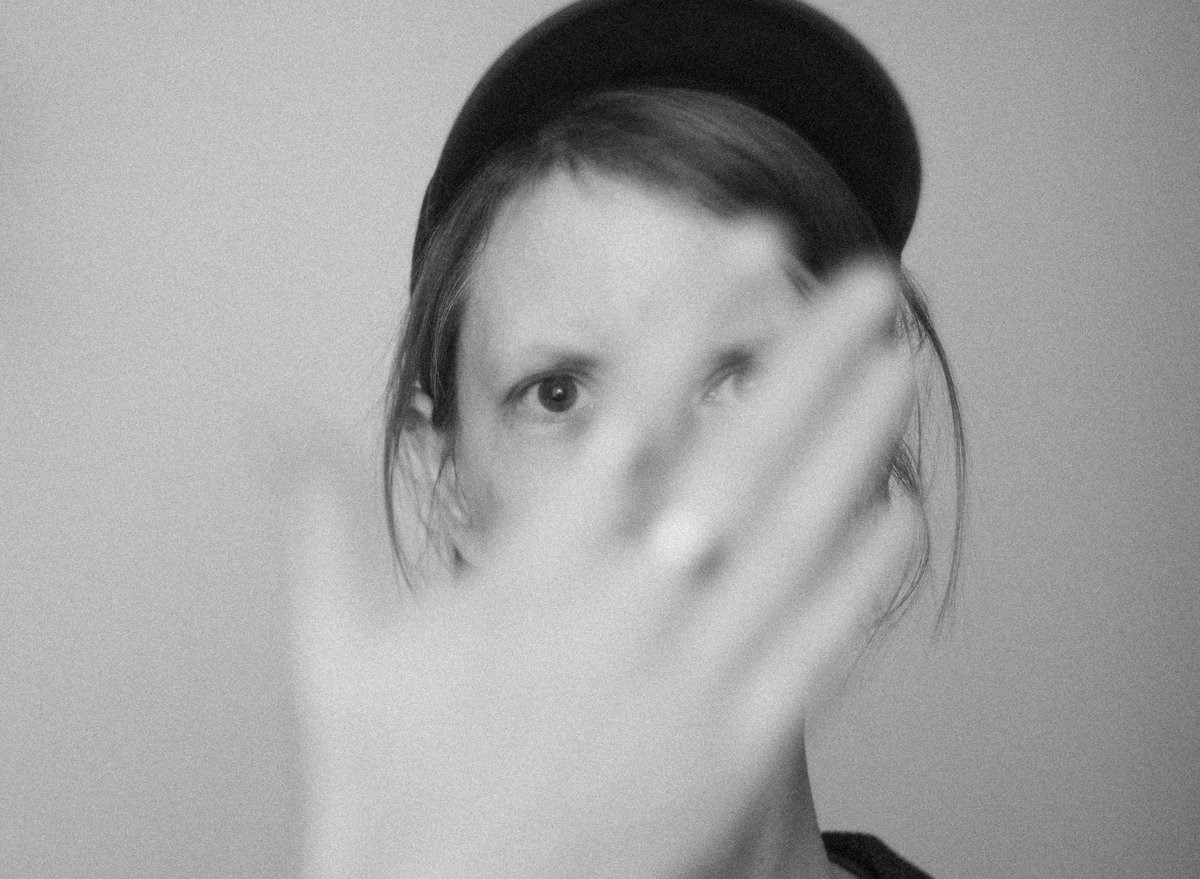
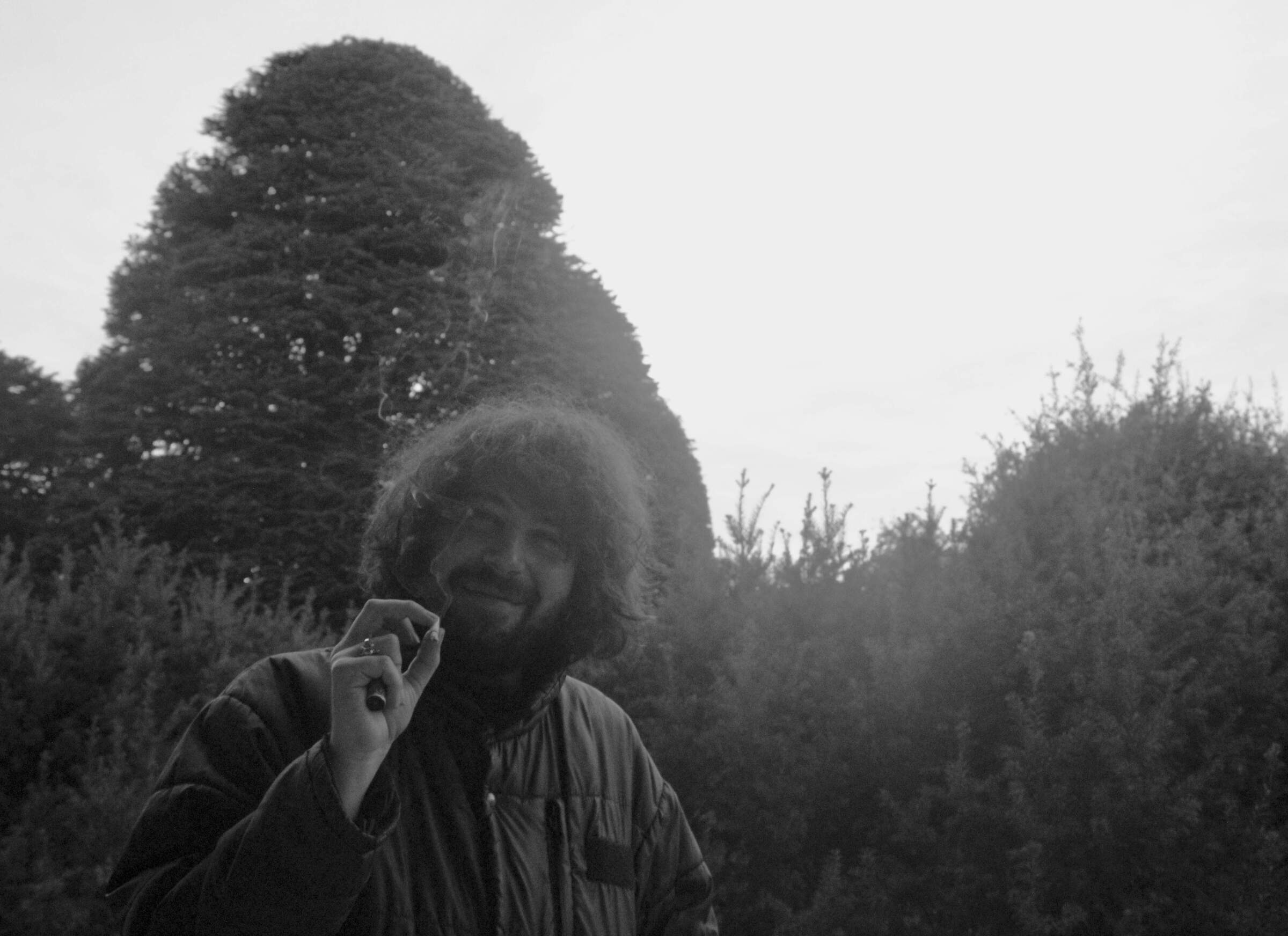
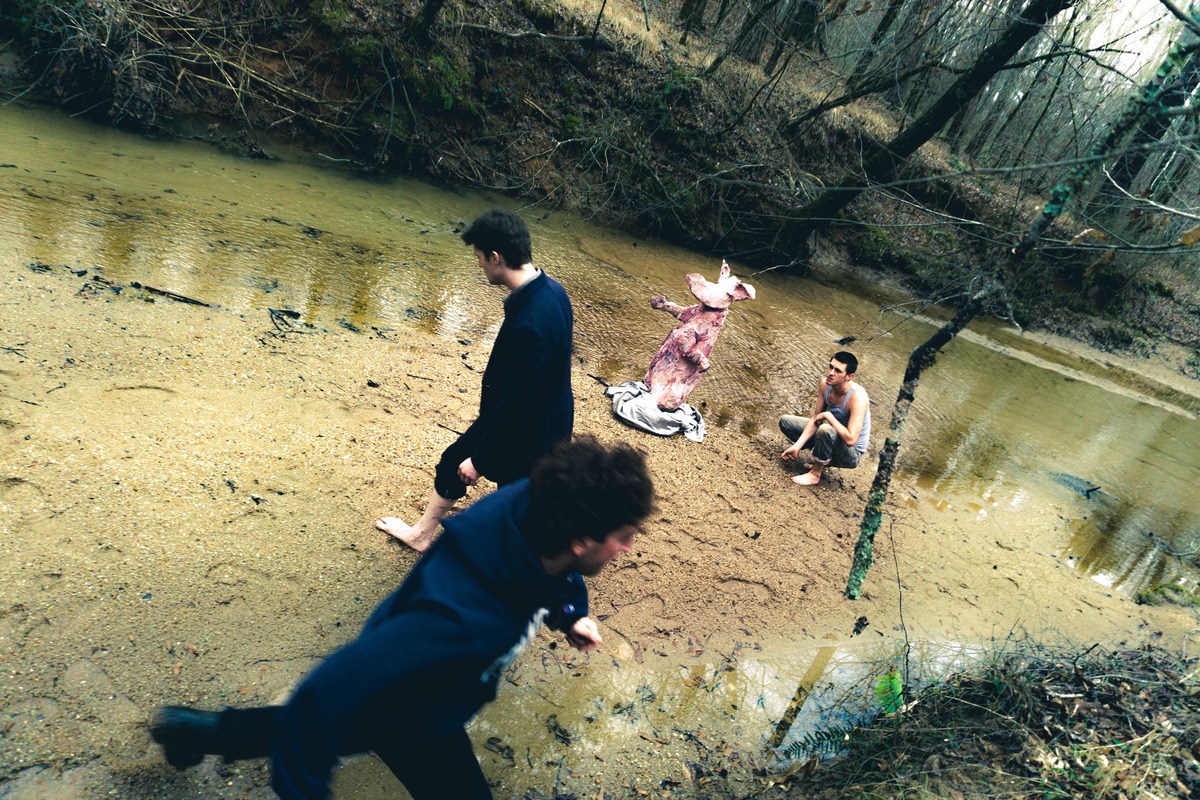
The thing with the FAUST box is a single scandal. The box sold out in a very short time to serve aks speculative object. In a very short time you have already asked for 10× as much as the box. When asked whether a new edition was planned, this was answered in the negative.
IT’S ALL A MESS !
This is simply not true and if you think twice you might understand it instead of spreading wrong things here. Due to license reasons (three of the albums belong to Universal Music and bureau b only had a license for the limited amount) = the pressings were limited to 2000 LP boxsets and 1000 CD boxsets.
I’m the last one to say the wrong thing. All you have to do is go to discogs to compare prices. A multiple of the original price beeing charged here and that in the shortest time. I am sure the record shop bought things quickly to speculative with them. And if it’s already going so well explain to me why no 2nd edition appears ???
I can think that i don’t any reference from you!